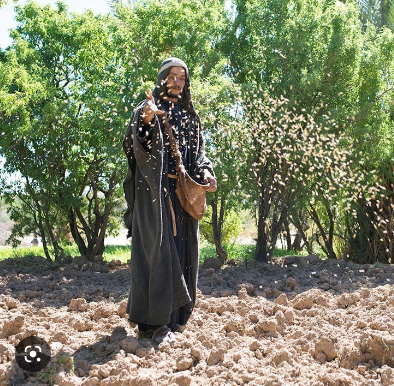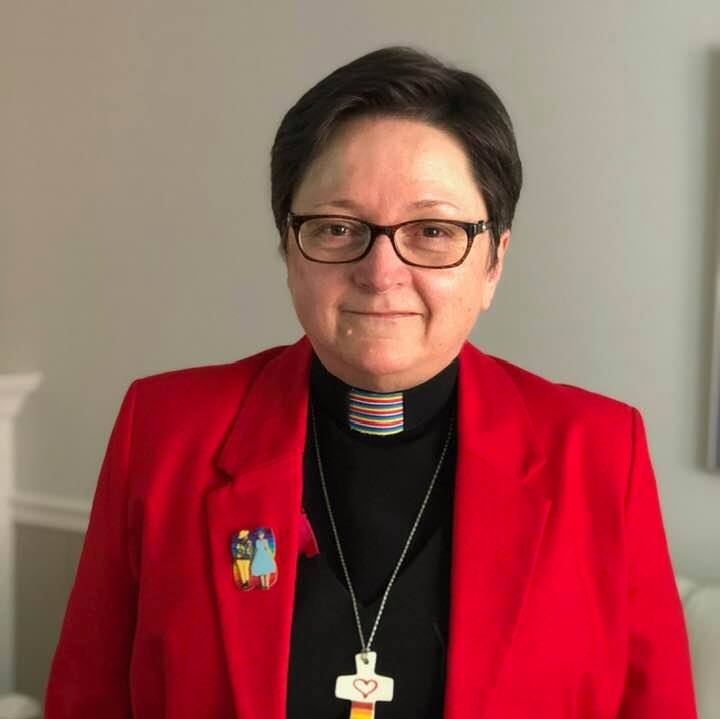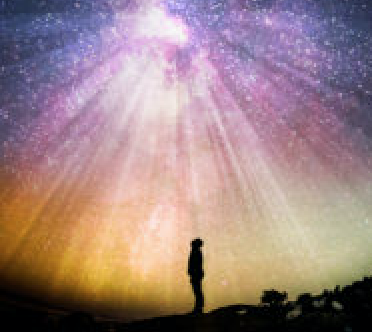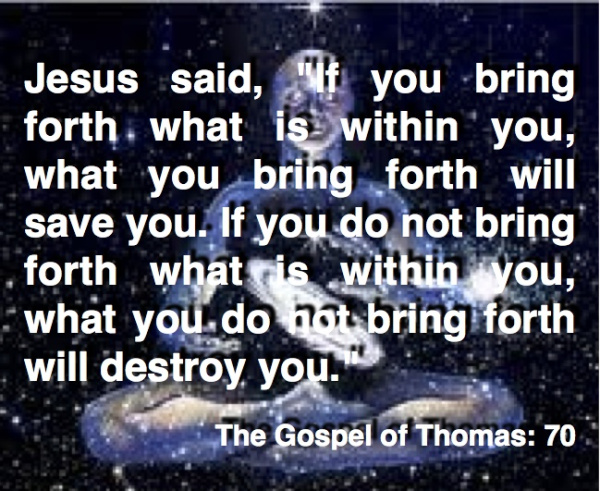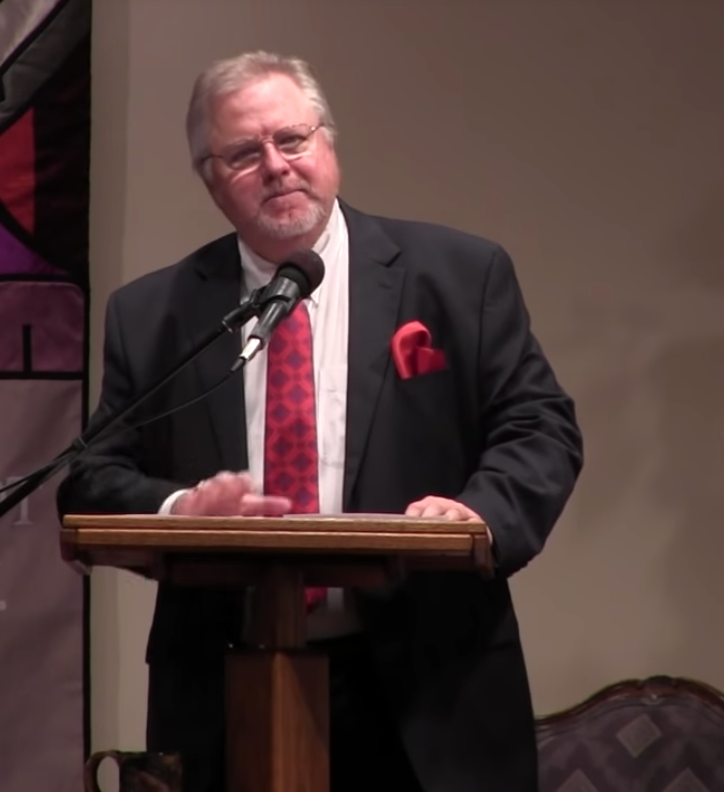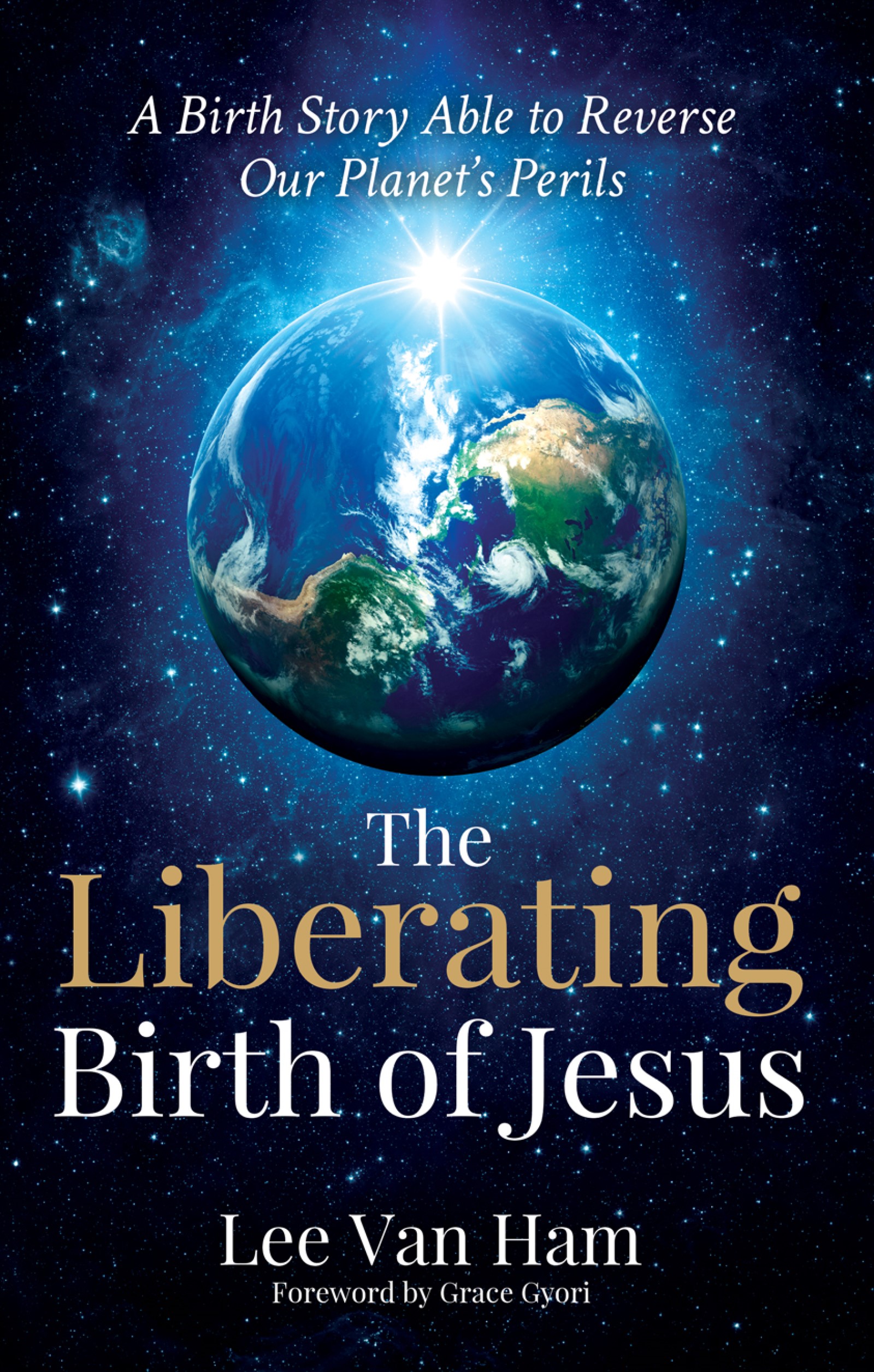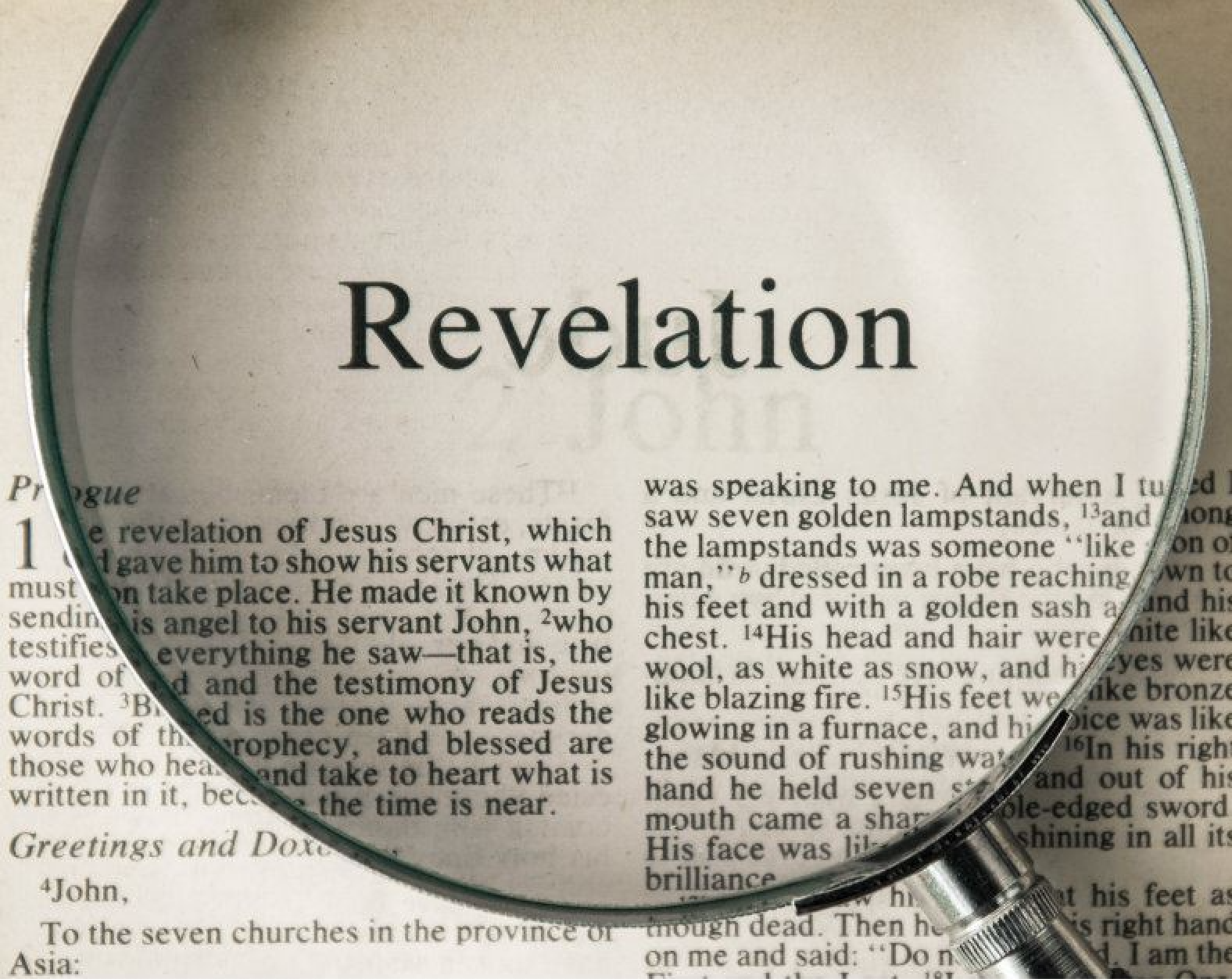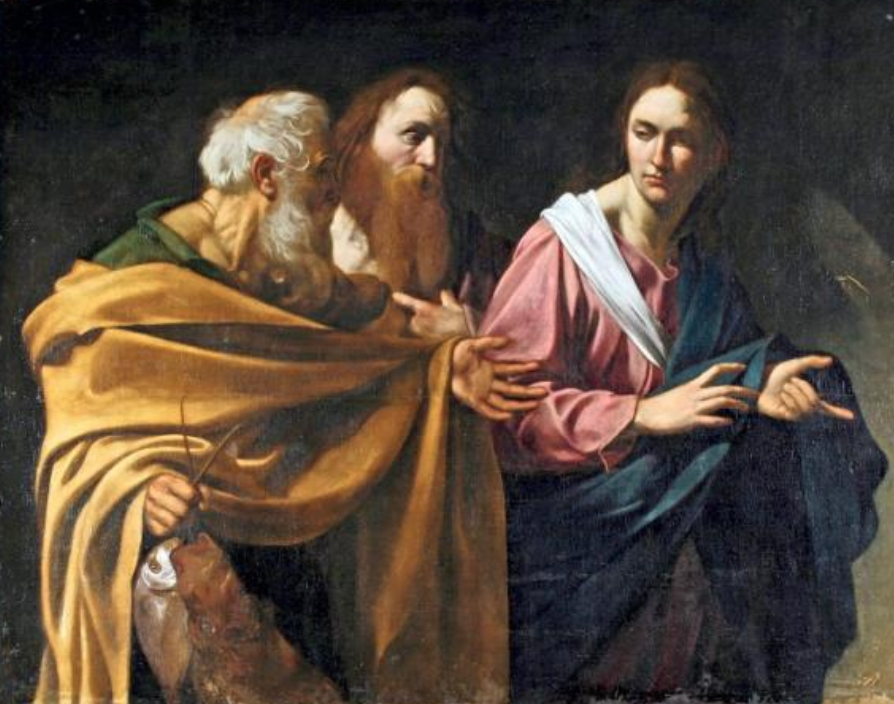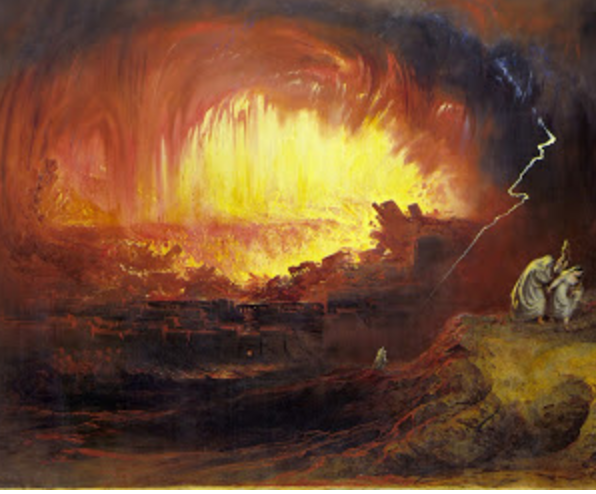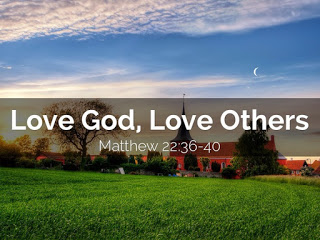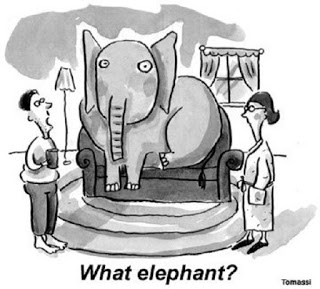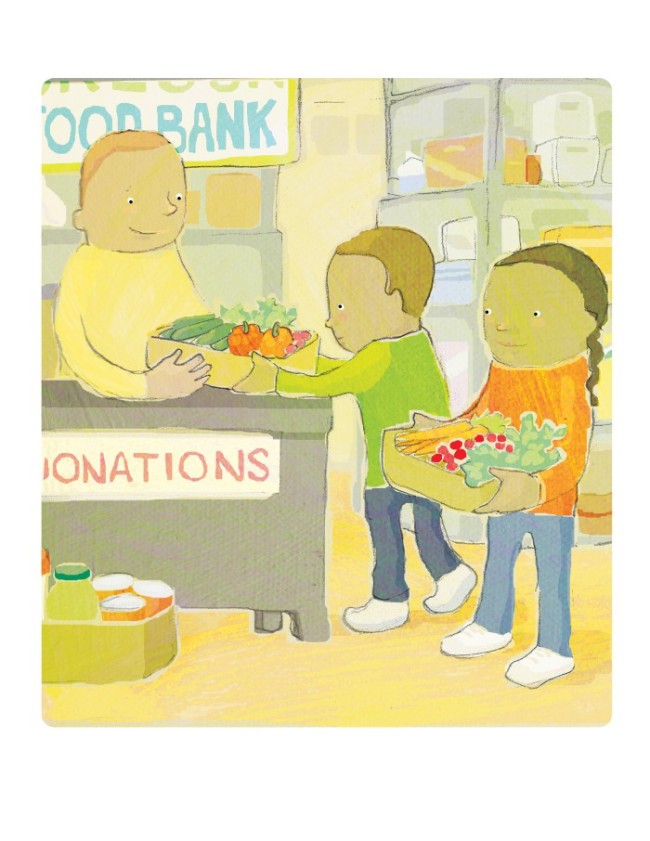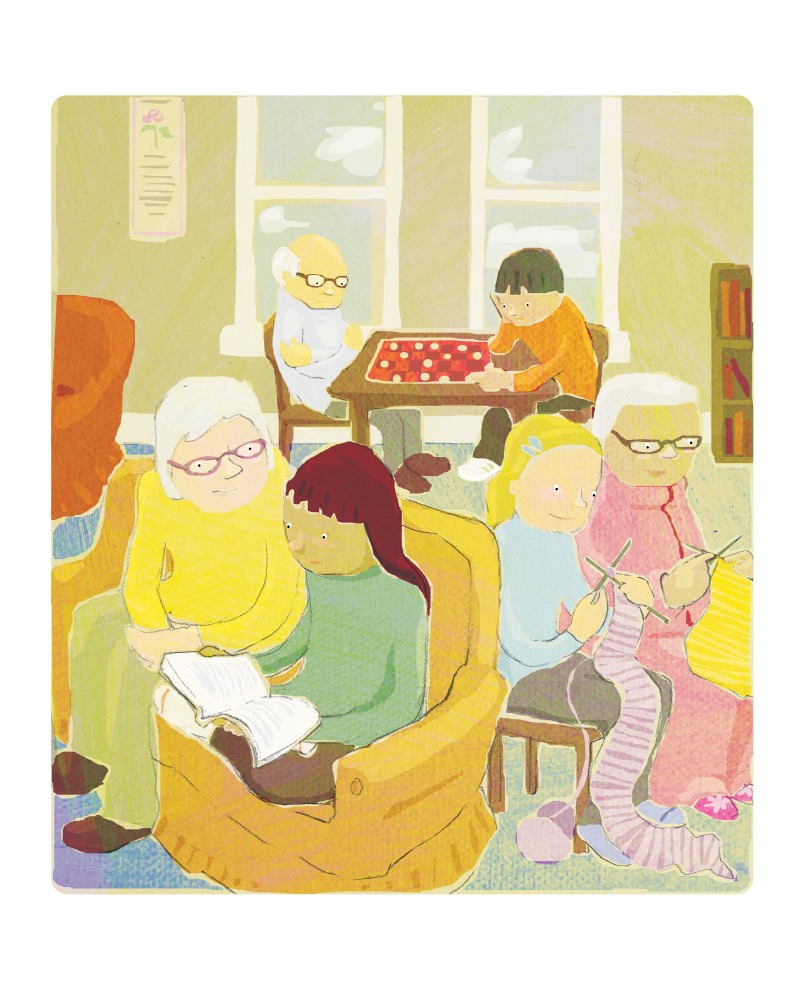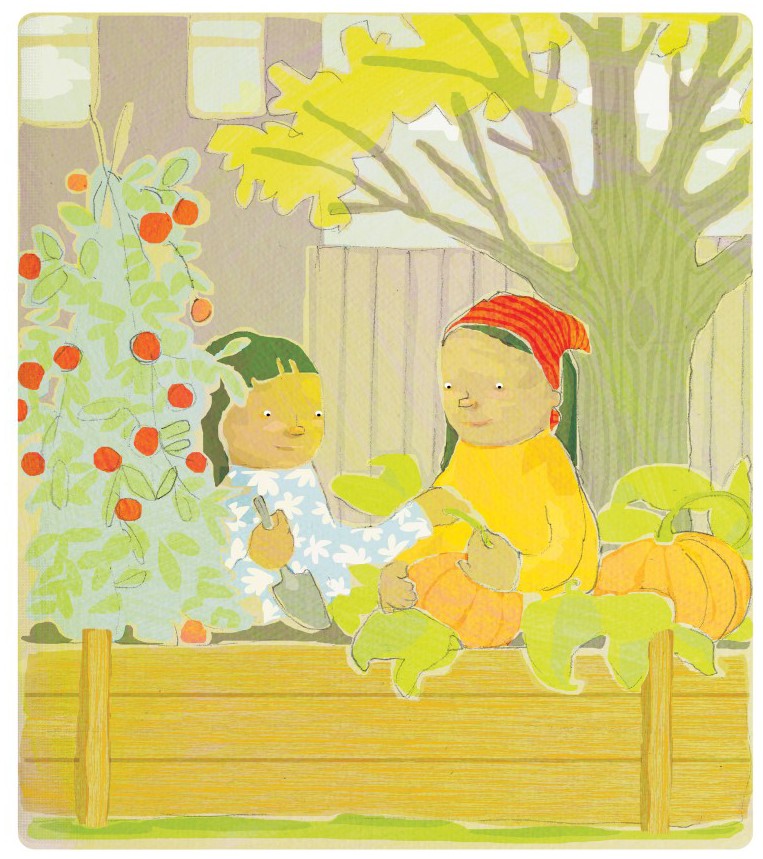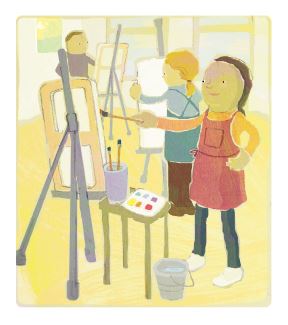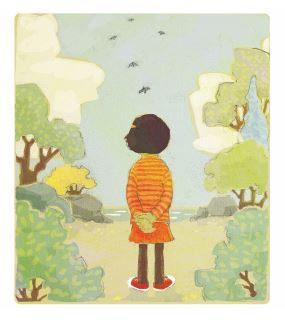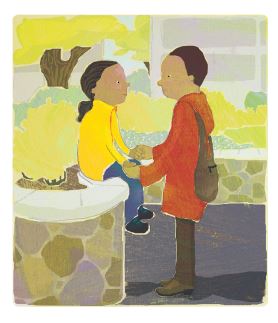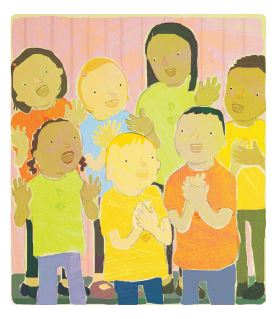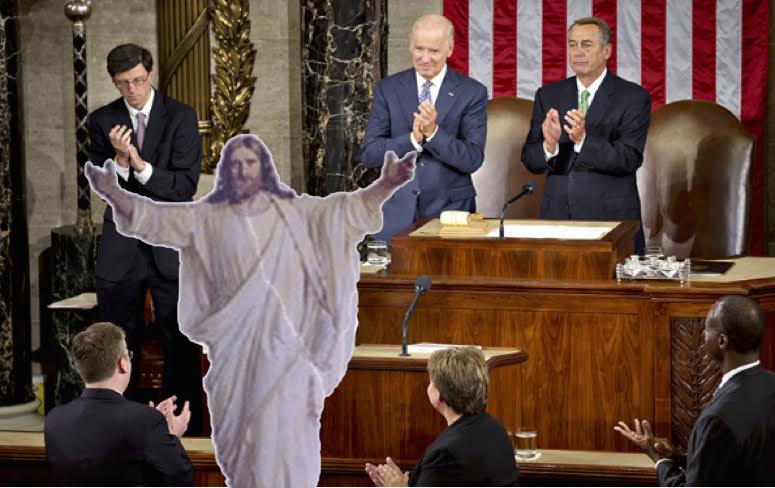From the Greek word, hypocritis, the hypocrite is a ‘play actor.’ While misfortune is befalling us on a massive scale these days, true tragedy is the result of the hypocrite who has the choice to decide to act otherwise.
As reactions to racial inequities have boiled over once again in recent days, the question is now repeatedly asked whether or not our country has at long last reached a tipping point? For those of us who are persons of white privilege, we are not guilty for the sins of our forebears, but we are responsible. We can’t change the past, but we can take hold of the present, and – for the sake of our national fabric that is so tattered and torn -- amend our lives and our social order, going forward. How?
How did we get here? All over the world people are marching in the streets proclaiming, “Black lives matter.” Millions have defied the fear of the corona virus, and taken their lives into their hands to venture out into the streets to protest the systemic racism that permeates institutions all over this planet.
Some people are highly devotional because it is scary having one's paradigm shattered. This is to be exposed to the chaos of one’s own mind (the devil!). It is much easier to cling to the established artifacts of one’s own thinking then to fall into the pit of chaos. Most people would rather die than admit that the belief system/paradigm that they have carried most or all their life is wrong in spite of proof of error time and time again.
Much of human life is spent in an illusory world that is mistaken for reality. The sun comes up each morning, runs its course, and day by day we fall into routines that we pretend will never end. When crises come, as we know they will, false confidence and phony optimism are shattered by calamity. Overwhelmed by anxiety and grief, we feel mistreated, betrayed, or helpless. Then comes the thought: “Am I all alone? Does God care?”
A sermon preached on the Second Sunday after Christmas – the readings for this sermon include: John 1:1-9, The Gospel of Thomas 70; Matthew 2:1-12.
If we pay attention, the Christmas story is a mirror held up for us to see that we live in a country where the government locks thousands of migrant children into dog cages, sexually abusing some, torturing others, and allowing many to die while the church is largely compliant and silent. And we seriously wonder if this government might actually win election approval from poor church goers in a few months. Merry Christmas?
What? The birth of Jesus as told in the gospels is not the same story as the “Christmas story” in holiday celebrations? No, and this book explains why. They exist in two different worldviews. The gospels thrive in the creation worldview, but the Christmas story was born in empire’s worldview.
This is what the Book of Revelation is really about. It's not about the end of the world, as such. It's about the destruction of the feudalistic, repressive, economic monolith which it calls “Babylon the Great”.
Restoration of a Vision from the Christian Faith Tradition
What might constitute an adequate improvement to the world order? This commentary constitutes an exploration of this pesky, perennial question about "a better world" from the vantage point of one faith tradition, and in contemporary context. Its intention is not to offer novelty or any new revelatory insight, but rather to remember and restore a perspective that lies at the heart of a biblical gospel tradition; based on the teachings of a pre-Easter human Jesus.
The Problem with Blessings and Curses
“Have a blest day?” What in this world does that mean? Better luck or good karma, instead of bad? In the ancient world, denoting someone as “blest” was a way of expressing a deity’s special favor towards that person. If that sounds quaint, there are still plenty of people today who believe they can curry favor or improve the odds of achieving more blessings than curses; while politicians routinely conclude their speeches by invoking the Almighty to bless the good ‘ol USA. There’s just one problem. It doesn’t work.
– a sermon on the Parable of the Talents, Matthew 25: 14-30
We all know full well that millions and millions are suffering and dying and yet to protect ourselves we bury what has been given to us, because we are afraid of being consumed by the wicked master who will surely banish us into the darkness if we do not keep safe what we have been given. We dare not risk loosing anything at all, lest we end up in the outer darkness weeping and gnashing our teeth. So, for the most part we play it safe and we don’t take any risks and we spend our lives living in fear of that wicked master. If I had to draw a line between the wicked slave-master and some character, I wouldn’t have that line end up with God. Indeed, I’m sure that the wicked master is not God.
It is good for us to be here. Be attentive. The Webster Dictionary defines an ‘aha moment’ as a point in time
We've been robbed of the power of the story of Sodom. It should be a strong companion to Matthew 25:31-46, which also gives dire warnings for those who do not serve Jesus by feeding the hungry, welcoming the stranger and the other Works of Mercy. It's a path that ends in destruction.
Part 4 of the series, What Makes a Christian?
Sometimes our greatest breach with Scripture is not when we outright contradict it--it's what we choose to prioritize, diminish or outright ignore. There is a time for everything under heaven (Ecclesiastes 3:1). We need to put first things first and second things second. Much of Christianity focuses on salvation plans and doctrinal ideas.
Part 2 in Series: What Makes A Christian?
It is amazing how often we fail a most basic mark of the faith. It is a downright scandal how rarely it is preached. It's questionable how directly our religious and moral practices stem from it. Yet if we believe the direct words of Jesus Himself--you know, God--the very ability of others to recognize our Christian identity is dependent on how we follow this. We gather in churches. We have elaborate worship and praise. And yet we barely give lip service to the first and foremost of the commandments. When we do, it is often to give exceptions--No, Jesus didn't really mean that. . . I'm talking about the Greatest Commandment--love God and love neighbor. Abundantly.
Part 1 of the series, What Makes a Christian?
In John 13:34-35, Jesus states that our very public witness of our Christian identity itself depends on whether or not we love one another. Otherwise, people will not recognize that we are indeed Christians. Jesus tells us to follow his example. Jesus not only gives the commandment to love, but also states that His life has modeled this love.
If we look honestly at our mistakes and listen within for guidance, we will discover our true identity as an unlimited spirit.
When we share, our awareness grows beyond our little self to a broader reality.
Through service we find love and truth in action. When we serve with love and compassion, those whom we serve become brothers and sisters, not the others.
To be anxious and fearful of our own needs means we are forgetting who we really are. Spending all of our time and energy acquiring possessions means we are looking outward for satisfaction and neglecting the only source of true happiness — our eternal identity as spirit.
Most people would define work as something that is hard to do and creativity as something fun. But when we are open to the sacred guidance that is abundant in the universe, work and creativity become the same thing. The most creative and inspiring work can be accomplished when we are open to all possibilities. Being open to infinite possibilities means letting inspiration flow freely — and not blocking that flow with thoughts of what we want to happen or what other people might think of what we are doing. Children can learn to feel for the right direction within and to recognize that every impulse is not the right one simply because it is there. Every time we remember to put our highest self in charge, the more inner joy and freedom we experience.
There is abundant love within each of us, but even when we try to act as messengers of love in the world, we often mess up the message. Like the old game of telephone, where a message is passed along and completely mixed up by the time it reaches the end of the line, we mix up divine love with our own desires, confusions, and misunderstandings and end up hurting one another. Then we must forgive. Getting children to say the words, “I forgive you,” is not enough. True forgiveness is inward and will actually remove the hurts we have from our hearts, like pulling weeds in a beautiful garden. Forgiving is not simply a gift we give someone who has wronged us, either; it is a step in our own spiritual growth that will enable our hearts to blossom as intended.
When our identity is defined in outward ways, we are going to feel insecure because outward definitions always change. If we understand our identity as changeless spirit, then it is easier to let go of our attachment to our physical self. Jesus and other spiritual teachers have taught us that a spiritual path and our experiences on that path will lead us to a deeper understanding. It isn’t enough to just read the words or have the beliefs — we need to act in harmony with those beliefs in order to be more aware of who we really are. The world will tell us that our security depends on money in the bank or the right clothes or an important job, but we know all those things are temporary. True security that lasts forever comes from discovering the reality that we are spiritual beings. With that knowledge, we can face anything, even our fear of death. We can’t force children to feel secure, but we can encourage them to find that truth within themselves and live from that experience. We can also talk about death in a way that is not fearful. Our Western society does much to teach fear of death. We may not know what happens after we die, but if we are secure in the knowledge that our true self does not die, it only grows and evolves, then we need not fear death or any outward physical changes that happen to our human body.
Being truthful puts us in harmony with our spiritual self and is an expression of our divine nature. There are many different kinds of truth, but being truthful is primarily about being conscious of our motivations and expressing that truth in the way we live and treat others, as well as how we speak. Why do we say what we say? Are we sharing the truth about who we are?
When we exclude others, we refuse to relate to realities different than our own, and we keep our experience defined in a way that is comfortable and familiar. If we want children to be inclusive, we have to help them redefine their experiences in a broader way. For instance, if older children exclude a younger child from a ball game because she can’t catch the ball, we can guide them to give her a special job that makes her feel part of the game. Finding a way to include her will expand their limited thinking. Scolding them for excluding her will most likely make them resentful, which leads to closing the heart. Accepting and coping with outward differences is an important step toward opening the heart to others. But to really include others in our reality, we must understand that despite apparent differences, there is only one self, one spirit, and one true reality, underlying all that is. The more children experience their own spiritual nature, the more they will recognize the one spirit in all.
In the last lesson about living courageously, the emphasis was on discovering the courage that exists within our divine nature. The Easter story of Jesus shows how courage in the face of ignorance and fear is ultimately an expression of true selfless love. His appearance in Jerusalem despite the threats against him was not a grand gesture to show how brave he was but a selfless act of friendship and love. His life was an expression of love for all people, and he lived each day as a messenger of that light. Considering his personal safety would have been an ego affirmation, which he strongly rejected when Peter expressed fear for his teacher’s life.
As we approach the Third Sunday of Advent, I can’t help wondering why the creators of the Revised Common Lectionary (the list of prescribed readings for Sunday worship) have failed to remember the stories and names of our foremothers?
Second in a Series exploring the relationship between one’s theological framework and political viewpoint …
Earlier this year the Prime Minister of Israel addressed a joint session of Congress. Last week, Pope Francis did the same. Many believed the former had a political ax to grind, and the latter a pastoral message with political points to preach. For many modern day Christians, Francis embodies many of the teachings and much of the life-style of the Galilean sage. Unless one believes in the highly speculative Second Coming, Jesus will likely never be invited by the Speaker of the House of Representatives to follow Benjamin and Francis, addressing our political leaders. But if we were to draw from the earliest available records of his theological – if not political – perspective, what might Jesus have to say to our elected government officials? Read more.

